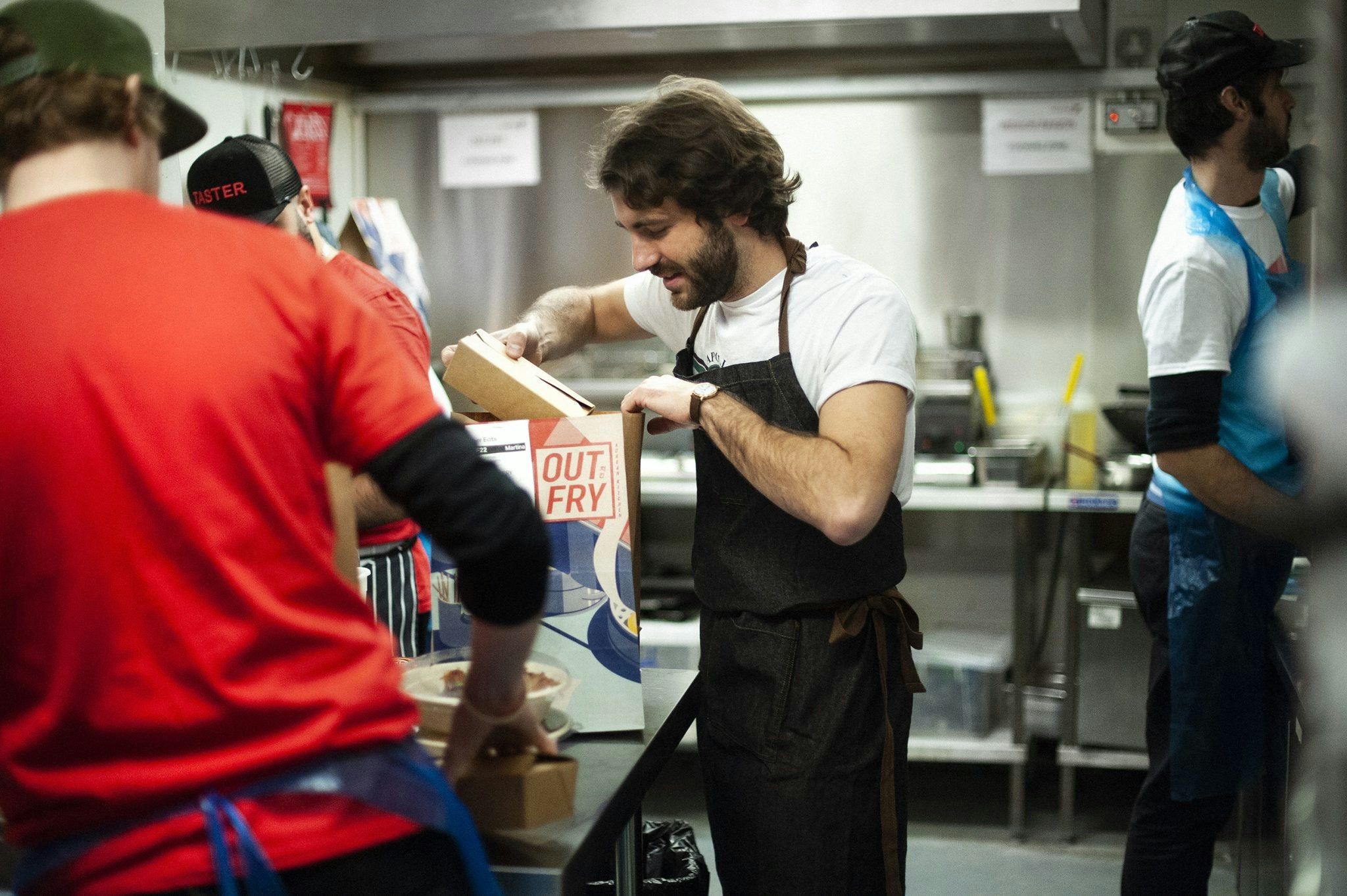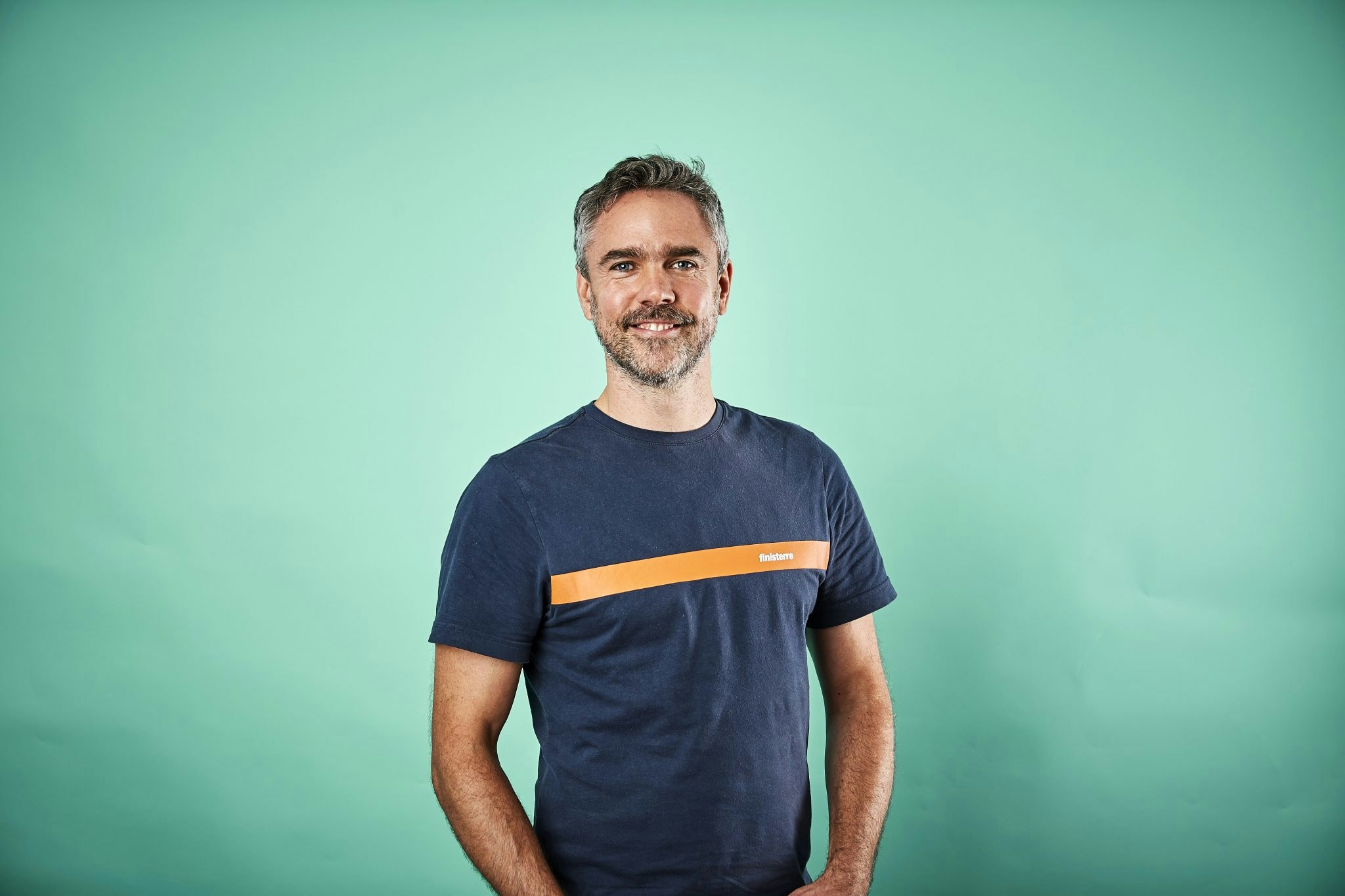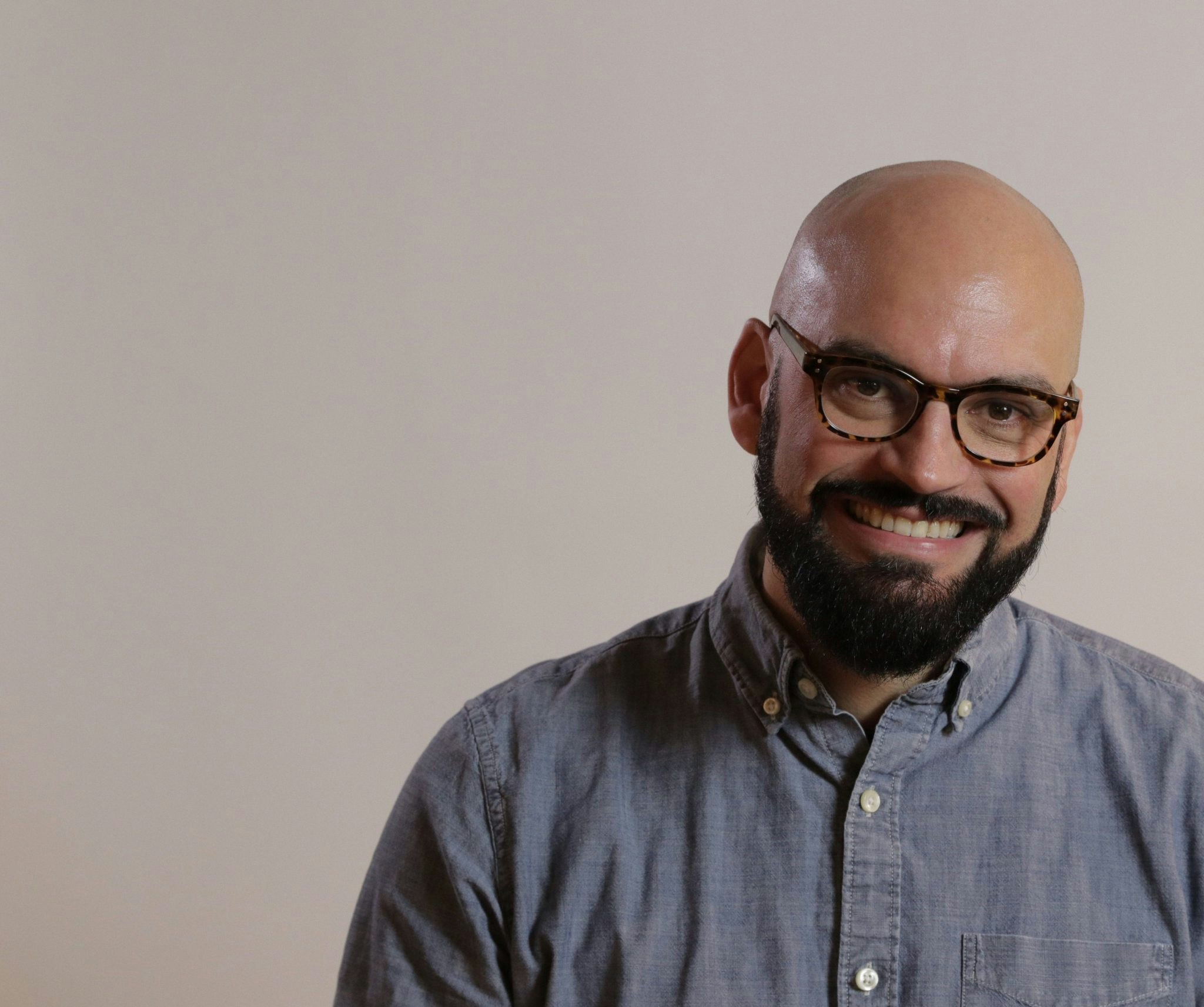Anna Brailsford recently became chief executive of Code First: Girls, a social enterprise which has taught over 10,000 women how to code for free and is the largest network for female coders in the UK. Financed through a mix of sponsorship and corporate training, Code First: Girls has a mission to increase diversity in tech.
The organisation is now scaling its training offering online so it can reach more people (it has a goal of teaching 20,000 young women how to code by 2020). It is also moving beyond education by strengthening ties with companies to develop employment opportunities for its students.
Sifted asked Brailsford to tell us about the books she has found most useful in running her business, books she recommends and books she gives as gifts.
What was the book you wish you’d read before starting a business?
“Why We Sleep” by Matthew Walker. When you start a business you are inevitably stressed, sleep-deprived and definitely on the crazy spectrum. When I read Why We Sleep, I had a real moment - quite literally a flashback to every all-nighter I’ve pulled and cups of coffee I’ve downed in the pursuit of ambition. It made me think very differently about connections in the brain, memory and the development of intelligence over time. You’ll be delighted to know that I haven’t pulled an all-nighter since.
What was your favourite childhood book?
“Little Women” encapsulates childhood innocence with the inevitable, painful change of growing up. The protagonist, Jo March, is desperate for adventure and frustrated by the limits society places on women. There is a moment when Jo stops writing what she thinks is popular and embraces herself, and in doing so becomes a sensation. As the years have gone by, I’ve come to realise that Little Women is a beautiful portrayal of authenticity and sisterhood.
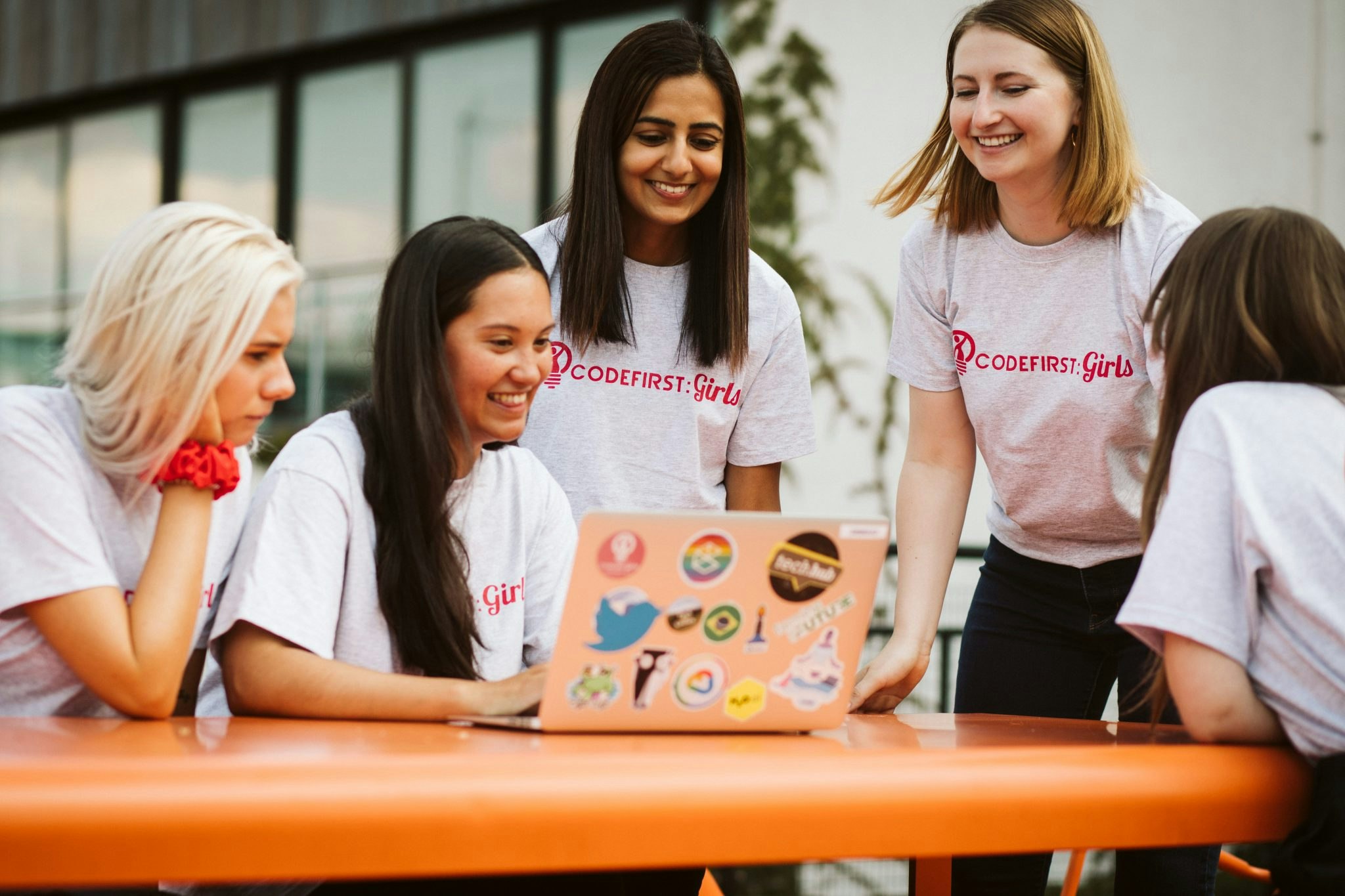
What was the book you most frequently give as a gift?
I can’t think of an instance where I have given the same book twice. I will only pick a book if it has meaning to the reader. I will often make connections with a certain person or an experience they may have shared. The last book I gave as a gift was “The Asshole Survivor Guide” by Robert I Sutton. That was to a friend who is seriously talented and has an asshole of a boss.
Other Sifted Bookclubs
- “In business, it doesn’t matter what you do, it matters why you do it” – Bookclub with Luke Lang
- “Look to the past for the future” — Bookclub with David Brear
- Sifted Bookclub: Unbabel CEO Vasco Pedro
Was there a specific business problem overcome with an idea from a book?
“The Medici Effect” by Frans Johansson. I believe disruptive innovation is possible when you bring together people with different personal and professional experiences. Too much of the same results in stagnation. If I am facing a particular problem in a business, I will often seek solutions and advice from those that have come from a completely different field.
What is the best introductory book on your area of expertise (i.e. edtech)?
This is a controversial opinion, but there isn’t one yet. There are plenty of books about teaching and K12, but I really struggle to find anything decent on educational technologies. The best publications I’ve read are reports on global market trends. Edtech is quite practical; the best way to experience ‘edtech’ is to try the different types of technology and content on the market.
If you were to write a book, what would it be about?
I was studying literature at Edinburgh University around the same time JK Rowling was releasing Harry Potter. Much to the disappointment of my bank balance, I quickly came to the opinion that I could never write a book about wizards. If I’m honest with myself I spent my time writing comedy to deflect from what I really wanted to write. My favourite writer is Jane Urquhart. It was my first experience of prose that reads like poetry. She typically writes about love, loss, memory and identity. If I was ever brave or talented enough, I would try something similar.
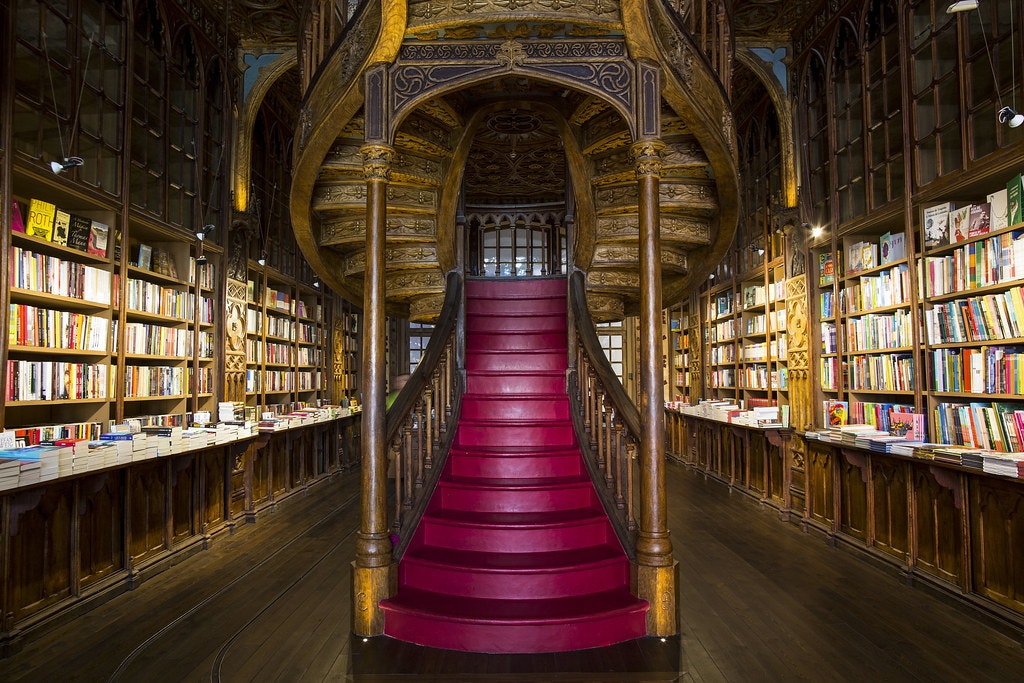
What is the book most frequently recommended to you?
I love Canadian postcolonial literature, so if somebody knows me well, they would typically recommend something by Michael Ondaatje or another author from that genre. In terms of nonfiction, I’ve had several people recommend Sapiens by Yuval Noah Harari, which I thought was both brilliant and accessible, and Fire and Fury by Michael Wolff.
Enough about books, are there any podcasts, movies, tv-shows that have impacted you?
In terms of TV, I really enjoy political and business thrillers like House of Cards, Succession and Westworld. I think they are a great way to unwind since they put a bad day and fear of Machiavellian personalities into perspective. My favourite film is relatively unknown, The New World by Terrance Malick. It is about the real Pocahontas, the colonisation of her land, destruction of her culture and unrequited love. The reason that film is so powerful is precisely because of the lack of dialogue; a simple look or landscape has the ability to convey meaning.

